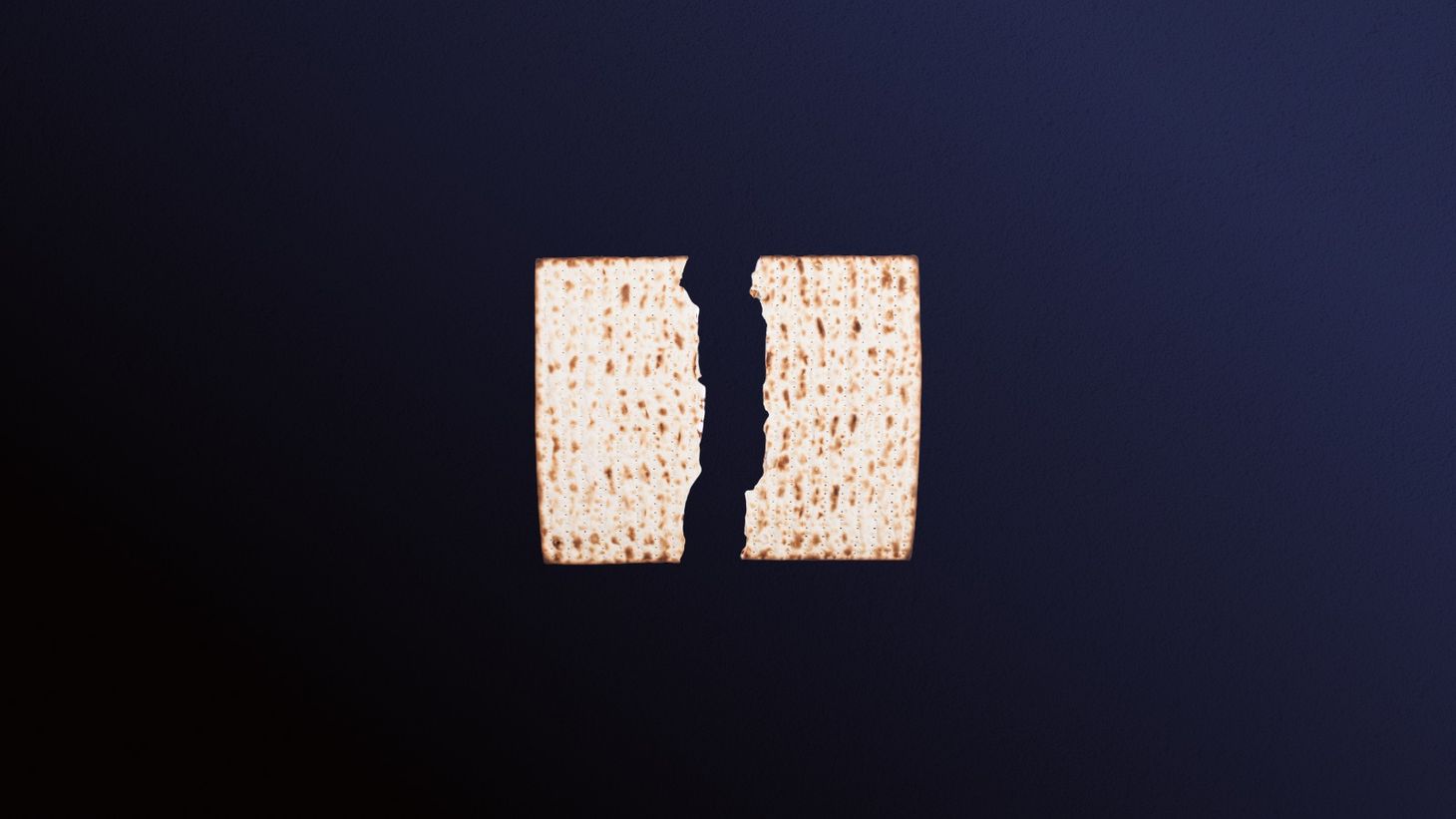Freedom and Flatbread

I am on vacation for a couple more weeks, and so is the newsletter. This evening, we're celebrating Passover, in which we commemorate the Exodus from Egypt and the emancipation of Jewish slaves. This year, I am celebrating with my extended family after being kept apart by deaths, births, and a global pandemic for the past three years.
Jewish literature says that "In every generation, a person is obligated to regard himself as if he personally left Egypt." Personally. The world is much freer than it once was. But freedom is also taken for granted today more than ever before. Some people are not even sure they want it or that it is any good.
Fear of freedom is not new. In 1941, Erich Fromm wrote Escape from Freedom and showed that "modern man still is anxious and tempted to surrender his freedom to dictators of all kinds, or to lose it by transforming himself into a small cog in the machine, well-fed, and well clothed, yet not a free man but an automaton.” The book drew on Fromm's experience as a social scientist in Weimar Germany and as an immigrant who was driven out of the country by the Nazis. But it also drew on his work in his new home in New York, where he looked at how free Americans seek to relinquish their freedom to think for themselves and opt, instead, to fit into an industrial system that turns them into disciplined workers and consumers.
There is something seductive and comfortable about having fewer options and being told what to do and what to think. And Fromm's observations are all the more relevant today, with algorithms and artificial intelligence threatening to turn us into zombies glued to a screen (or a headset), and China promoting a brand of open-air jail that too many people seem to find attractive (until they actually try it).
Even the Jewish slaves liberated in Egypt weren't sure they wanted to be free. As Exodus relays:
"And they said to Moses: ‘What? There’s no graves in Egypt, you had to take us into the desert to die. . . . What did we tell you in Egypt? Get off our backs and let us serve the Egyptians, because serving the Egyptians is better than dying in the desert...”
As the comedian Michael Wex points out in Born to Kvetch, the above was the first official "kvetch" — or complaint — in Jewish history. Complaining and wishing things were other than they are an essential characteristic of Jewish culture.
"Kvetching" about anything and everything is at the core of Jewish humor — of shows like Seinfeld and Curb Your Enthusiasm. This Jackie Mason skit about "A Jew at the Restaurant" captures the essence of kvetching:
Mason passed away last year. In his old age, he fell out of favor due to his political opinions, some (truly) tasteless jokes, and the growing disconnect between his irreverent style and the times we live in.
But "kvetching" is not just a source of Jewish humor. It can also drive positive change in the world. Many Jewish inventors and revolutionaries (both capitalist and communist) are said to have been driven by the same essential discontent, the same reluctance to accept things as they are and seek to "repair the world."
There is plenty of work to do. "In every generation, a person is obligated to regard himself as if he personally left Egypt." And it all starts with complaining. But now, it's time to eat and rest! I wish you a Happy Passover, Easter, Ramadan, or just a nice and hopefully sunny weekend.
Dror
Dror Poleg Newsletter
Join the newsletter to receive the latest updates in your inbox.

